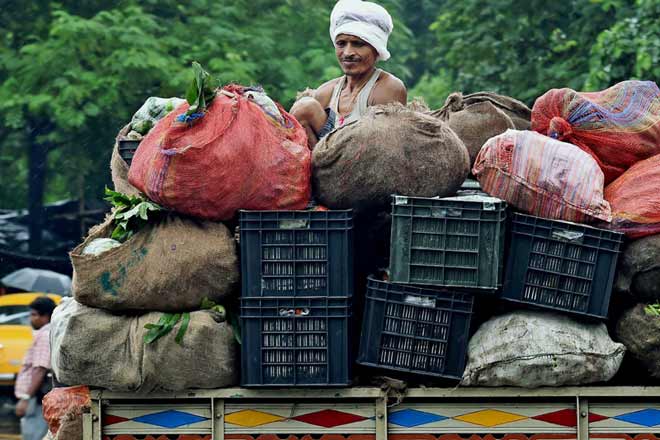Indian Begins Export Of Major Farm Items Amid Lockdown

The Union Agriculture Ministry in a statement said exporters’ problems are being resolved by the farm export promotion body Agricultural and Processed Food Products Export Development Authority (APEDA)
India has started export of major farm products such as rice, meat, dairy and processed food items after the government stepped in to resolve the issues related to transportation and packaging in the wake of COVID-19 lockdown.
The Union Agriculture Ministry in a statement said exporters’ problems are being resolved by the farm export promotion body Agricultural and Processed Food Products Export Development Authority (APEDA).
“Exports of all major products i.e. rice, groundnut, processed food, meat, poultry, dairy and organic products has started,” the ministry said.
APEDA has put in a lot of efforts and issues related to transportation, curfew passes, and packaging units, which are being resolved, it said.
The ministry said the government has adopted a “flexible approach” and is issuing digital copies of phytosanitary certificates for exports. So far, the government has issued 9,759 phytosanitary certificates for exports, it added.
On specific demand from countries, Agri-cooperative NAFED has exported 50,000 tons of wheat to Afghanistan, while 40,000 tonne of the grain to Lebanon under G2G arrangement.
As far as imports are concerned, the government said digital copies of phytosanitary certificates are being accepted with undertaking from the importer for submission of original when received. About 2,728 consignments were released for imports so far, the ministry said.
Further, 33 ‘Import Permits’ for import of pesticides, 309 certificates for export of pesticides and 1,324 certificates to facilitate indigenous manufacturers of pesticides were issued, it added.
These are among several measures the ministry has taken to ensure the country’s agriculture and its allied sector do not suffer from the ongoing COVID-19 lockdown.




